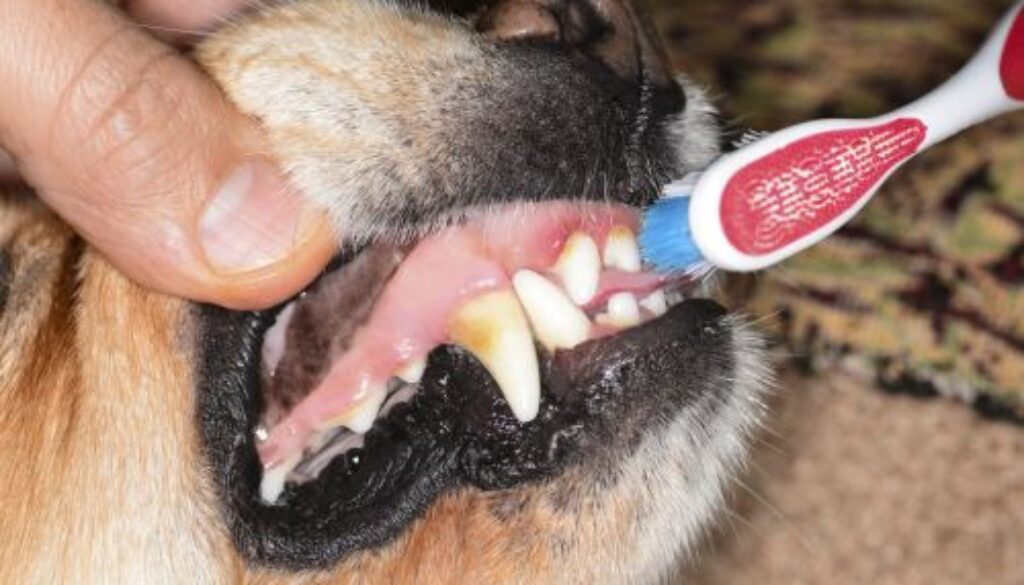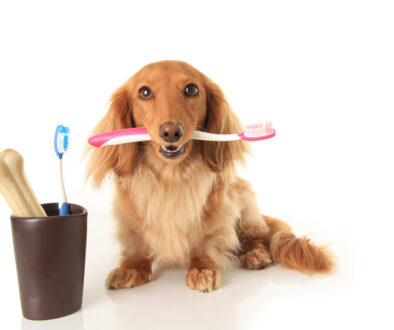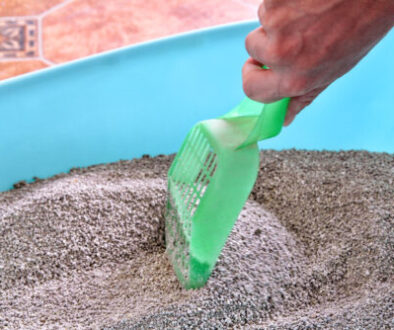Dental Disease in Pets
As with people, taking care of dental health also benefits your dog or cat. Yes, pets can have dental disease, where plaque, bacteria, and tartar build-up on the teeth and get trapped by the gums. This causes severe pain and infection, but addressing it early is key.
What does dental disease look like? First and foremost, bad breath – and no, this is not normal. Teeth can also show yellow tartar buildup, and gums might be swollen and red. Your veterinarian should include dental evaluations in annual exams. Pets with advanced dental disease might display irritability, lethargy, and a decreased appetite.
How is dental disease diagnosed? X-rays reveal what might not be apparent when simply looking at your pet. Using anesthesia, your vet will take radiographs to ascertain the extent and how to treat it. Then they will thoroughly clean your pet’s teeth in a safe and comfortable way, removing the plaque from beneath the gum line where it thrives.
Why use anesthesia? Many pet owners reject dental procedures due to a fear of anesthesia; however, your pet will be awake and very likely agitated at the lights, instruments, and being held down. Using anesthesia means your vet can safely and effectively complete the procedure without the risk of causing your pet additional stress.
How do you care for your pet after the procedure? Afterward, your vet might prescribe a numbing medication so your pet can recover without being in constant pain. In addition, some simple at-home care will ensure oral health and reduce the need for surgeries later on.
How can you prevent dental disease? For newly-acquired pets, your vet should begin to address oral health at the first visit, watching as puppies’ or kittens’ adult teeth emerge and addressing any issues early. Regardless of your pet’s age or when they joined your family, brushing their teeth regularly is a big part of preventative care.
Look for pet toothpaste, not human ones which contain ingredients toxic to animals. Pair this with pet food which preserves oral health, especially those approved by the Veterinary Oral Health Council (VOHC). Too-hard products like synthetic bones might actually cause tooth fractures. And keep up with your pet’s yearly checkups! In this way, you can actively prevent problems and expenses which compound over time, the longer they go unnoticed or undetected.




